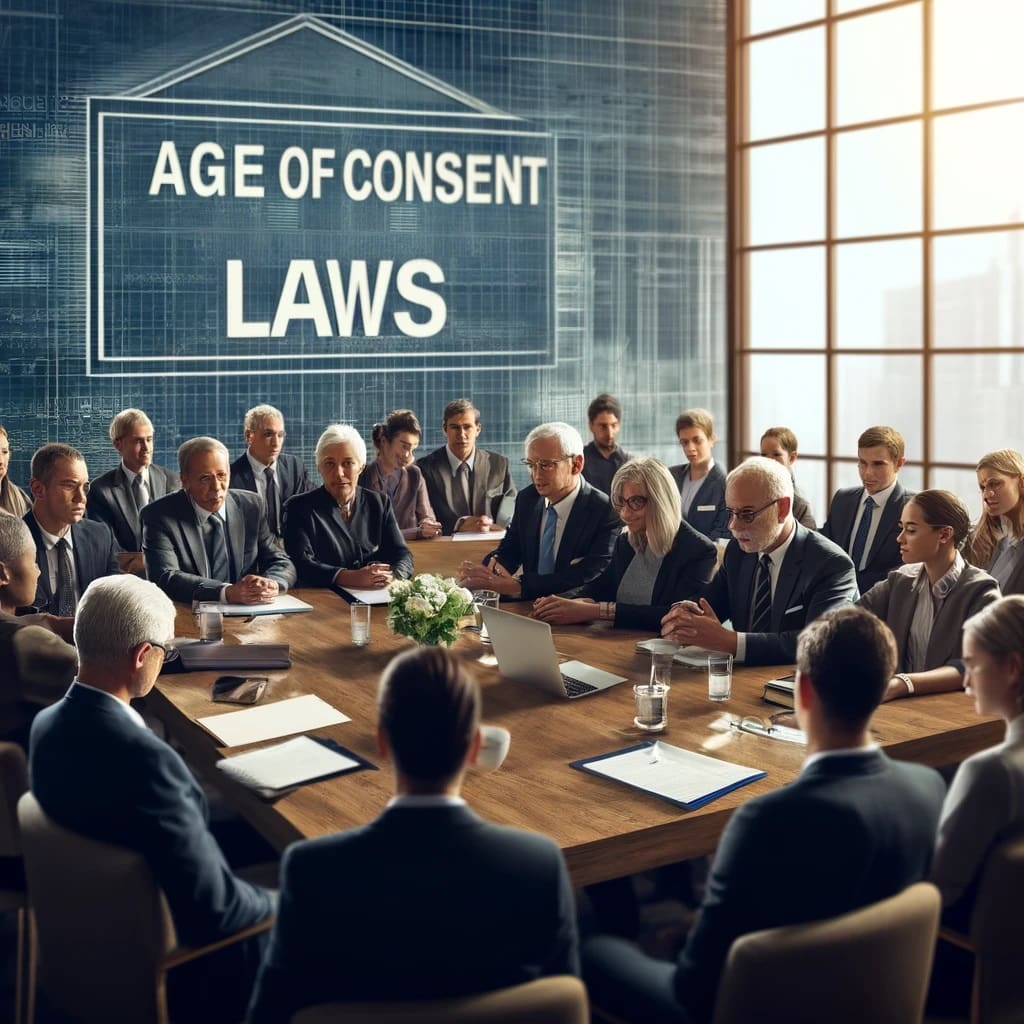Understanding Age of Consent Laws: A Comprehensive Legal Insight
Navigating the complexities of age of consent laws can be challenging due to their variations across different jurisdictions. These laws are crucial for protecting young people from exploitation and abuse, while also defining the legal age at which an individual is considered capable of consenting to sexual activities. This comprehensive guide offers insights into the implications of these laws and their role in safeguarding the rights of minors.
The age of consent is a critical legal threshold, established to protect minors from exploitation. It varies significantly from one place to another—some states or countries may set it as low as 14, while others may have it at 18. Understanding these laws is essential for individuals, especially those in educational, legal, and health professions, to ensure compliance and protection of the rights of young people.
In addition to setting the minimum age for consensual sexual activities, age of consent laws also outline the circumstances under which consent cannot legally be given, regardless of age. This includes situations where there is a significant power imbalance, such as relationships between teachers and students or coaches and athletes, where the potential for coercion or abuse of power exists.
The enforcement of age of consent laws also serves a preventive role. By clearly defining unlawful sexual behavior, these laws help deter potential offenders. Legal consequences for violating age of consent laws can be severe, including criminal charges that may lead to imprisonment and mandatory registration as a sex offender.
Legal professionals play a crucial role in interpreting and applying age of consent laws. They help ensure that justice is served in cases involving sexual abuse and exploitation while safeguarding the rights of all parties involved. For legal practitioners, staying updated with the latest legal precedents and statutory changes in age of consent is paramount to effectively advising clients and handling cases.
Public education on age of consent is also vital. Awareness campaigns can help young people understand their rights and the protections afforded to them by law. Such knowledge is crucial for empowering minors to make informed decisions about their relationships and to seek help when needed.
Furthermore, parents and guardians need to be conversant with the age of consent laws to guide and protect their children effectively. Understanding these laws helps parents discuss sensitive topics like relationships and consent with their children, fostering a safer environment for their growth and development.
Internationally, age of consent laws reflect broader social and cultural attitudes towards adolescence and sexuality. Comparing these laws across different countries can provide fascinating insights into global legal standards and cultural norms, highlighting the diverse approaches to dealing with this sensitive issue.
In conclusion, age of consent laws are a fundamental aspect of legal systems worldwide, designed to protect minors from exploitation and abuse. Legal professionals, educators, parents, and minors themselves should strive to understand these laws thoroughly to ensure that the rights of young individuals are protected. Whether through professional legal practice, education, or parenting, effective communication about the implications of these laws is essential for the protection and welfare of young people.
This detailed exploration of age of consent laws not only underscores their importance but also serves as a vital resource for anyone looking to understand the legal protections afforded to minors. By staying informed and proactive, society can better protect its most vulnerable members and uphold justice within the legal framework.














